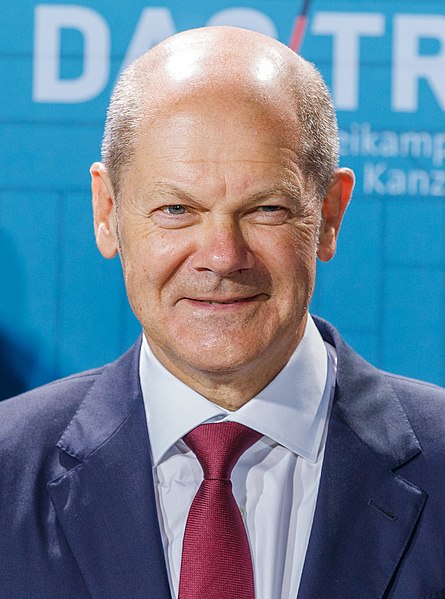
During his visit to Bucharest on April 3rd, German Chancellor Olaf Scholz met with Romanian President Klaus Iohannis, Prime Minister Nicolae Ciuca, and Moldovan President Maia Sandu.
During the meeting, Scholz emphasized that Germany wants Romania to join the Schengen area this year.
The German chancellor praised Romania as a reliable partner, and acknowledged the country's contribution in accepting refugees from Ukraine, with over 110,000 Ukrainians choosing to stay in Romania out of 3.8 million who transited through the country.
Scholz reiterated Germany's commitment to supporting Ukraine militarily against Russian aggression, and expressed gratitude for Romania's support towards the cause. He also highlighted the role of the German community in Romania and the Romanian community in Germany, which act as bridges between the two countries.
In response, President Iohannis expressed that Germany is a crucial economic partner and reliable ally to Romania. He also mentioned that the two countries share a common vision regarding the EU expansion to the east, including Ukraine and the Republic of Moldova.
After the meeting with President Iohannis, Chancellor Scholz met with Prime Minister Ciuca. Later on, the German chancellor and the Romanian president met with Moldovan President Maia Sandu to discuss continued support for the Republic of Moldova.
Chancellor Scholz also met with the president of the Chamber of Deputies and PSD leader, Marcel Ciolacu, as well as representatives of the German minority in Romania.
The meeting between the German and Romanian leaders marks an important step towards Romania's inclusion in the Schengen area. Germany's support is significant in the process, as it is one of the five countries that need to approve Romania's accession.
The Schengen area is a zone where internal border controls are abolished, allowing for the free movement of people across the EU. Romania has been seeking to join the Schengen area since its accession to the EU in 2007, but its efforts have been hindered by concerns over corruption and the rule of law.
Germany's push for Romania's inclusion in the Schengen area comes at a time when the EU is seeking to deepen its integration and promote a more united Europe. The inclusion of Romania in the Schengen area would be a significant step towards achieving this goal.
In addition to the issue of Schengen, the meeting between the German and Romanian leaders also highlighted the importance of supporting Ukraine and the Republic of Moldova, as well as strengthening economic ties between the two countries. The meeting also recognized the role of the German and Romanian communities in promoting closer relations between the two nations. Photo by Steffen Prößdorf, Wikimedia commons.



































